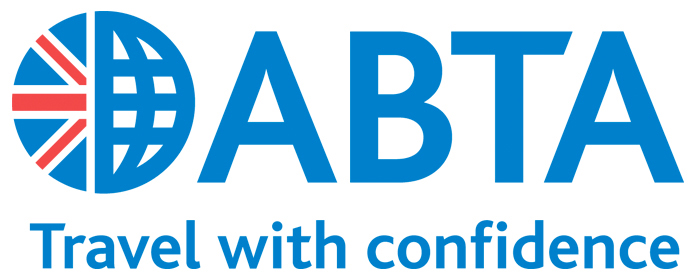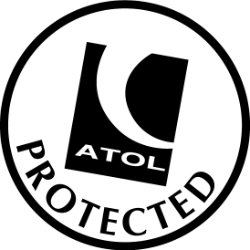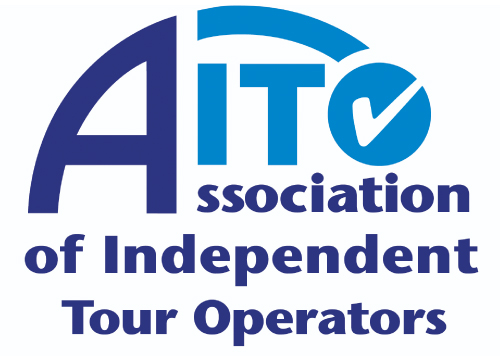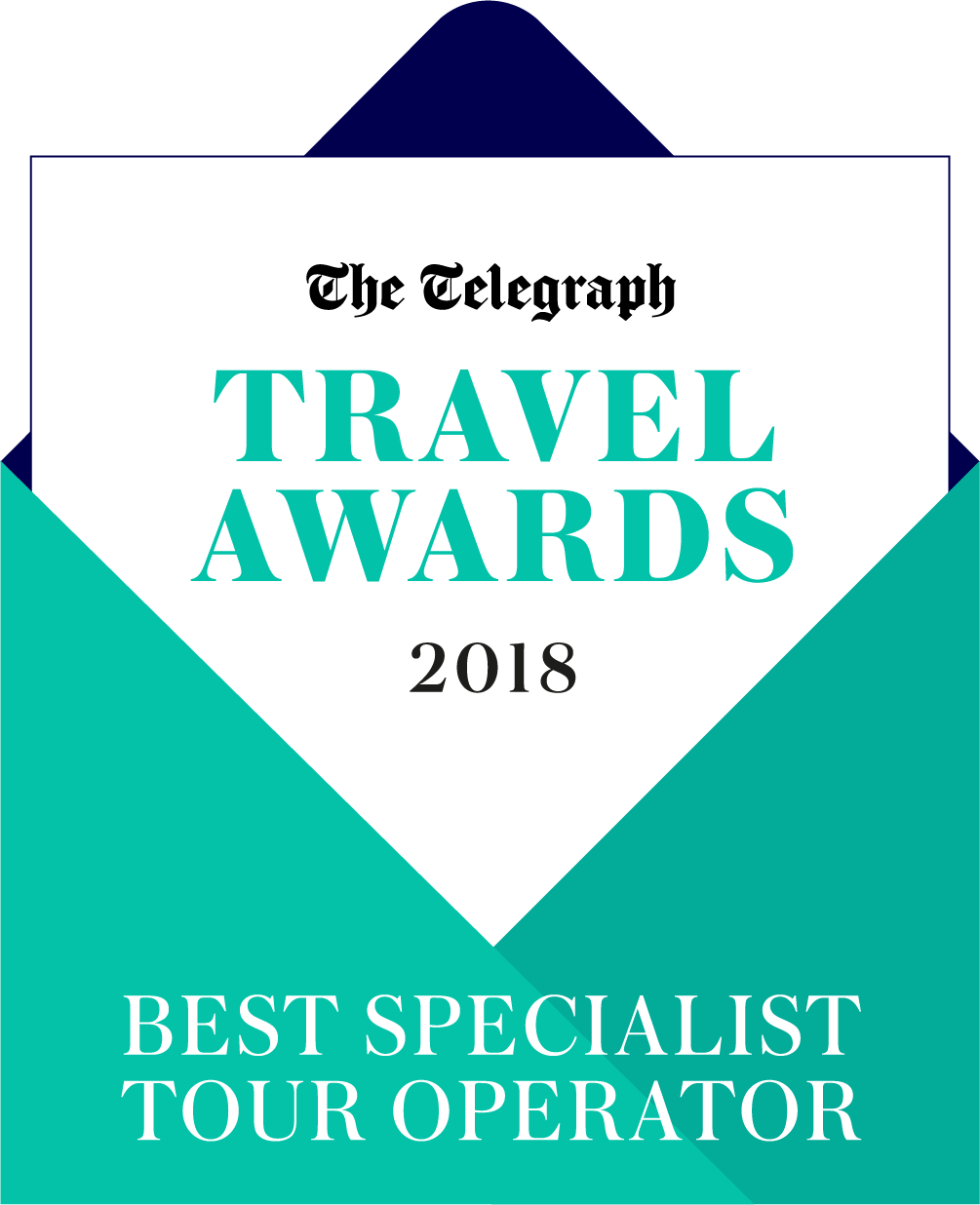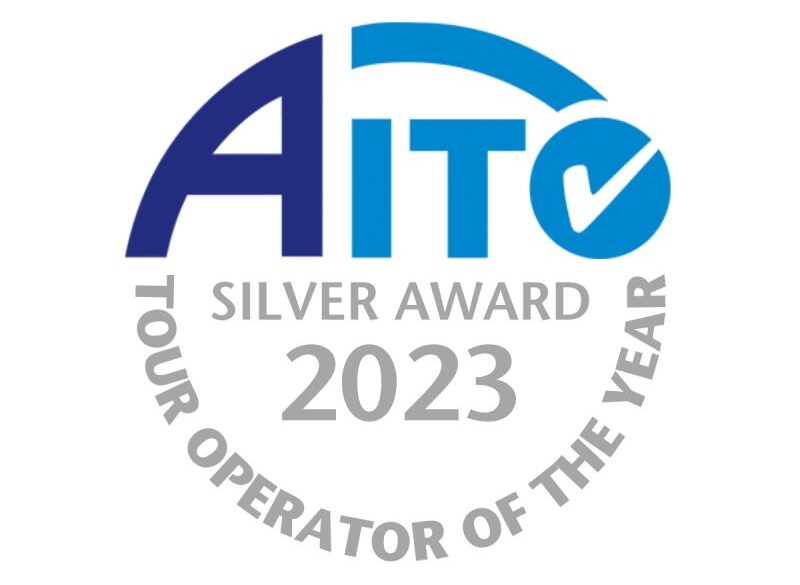Entry Requirements
British nationals do not require a visa to enter Botswana for stays up to 90 days. If you wish to stay for longer, you can seek an extension from the Department of Immigration. Your passport must be valid for a minimum period of 6 months from the date of entry in Botswana. Children who are travelling must provide a certified copy of their full birth certificate. If the child is travelling with one parent, another adult or unaccompanied, the parents must provide an affidavit giving consent for the child to travel.
More information can be found here.
Malaria
Botswana is a malaria risk area. Anti-malaria medication is a must – and you should consult your doctor in this regard. Anti-malarial medication should commence at least a week before leaving for your trip. Precautions such as long-sleeved shirts and jeans for wearing in the evenings will reduce your chances of mosquito bites. Pack some mosquito repellent, cream or spray, for applying to your hands, face and neck. This will help keep the mosquitoes at bay. Before leaving your country for your safari to Botswana advice should be sought from your doctor regarding what precautionary medication to take.
Whilst on safari: Other precautions are to take long sleeves and long pants for the evenings and using mosquito repellent on any bare-skinned areas.
Yellow Fever
You will have to be inoculated against this disease at least 10 days before departing for Botswana. At the time of your inoculation you will be issued with a Yellow Fever Certificate which you should keep with all your other travel documents. You will be required to present your Yellow Fever Certificate at every border control. If your inoculation is administered LESS THAN 10 before departure, or if you are not in possession of your certificate, you can be refused entry in to the country. Make a photo-copy of your certificate and keep it elsewhere in your luggage – NOT with your documents.
Tsetse Fly and Sleeping Sickness
The Botswana government undertook a project to rid the country of sleeping sickness carried by the Tsetse Fly as not only was it a danger to humans but the disease was deadly for cattle, something which endangered the lucrative beef industry in the country. A special department was set up to control the fly in the country, a project that has had a very high success rate as the last case of sleeping sickness in Botswana was reported about 20 years ago. There is a small chance of still being bitten by a tsetse fly and, although painful, the chance of contracting sleeping sickness is almost non-existent.
Currency
The local currency is the Pula (P), and Thebe (T). Notes are in denominations of P5, P10, P20, P50 and P100. Coins are in denominations of 1, 5, 10, 25 and 50 Thebe, P1 and P2.
A Dollar is A Dollar – The US Dollar is the currency of preference. When you are tipping, or purchasing at craft-markets, it helps to be carrying $2 and $5 bills.
The reason for the preference in the informal business trades is that it makes trade easier across borders like Zambia and Zimbabwe, obviating the need to convert between local currencies. One dollar is one dollar. No Conversion!
Languages
The official language is English and the national language is Setswana. The Setswana word “Pula”, means “rain”.
Climate
Botswana is landlocked and very nearly in the centre of the southern African subcontinent, on an elevated plateau of approximately 1000 metres. These factors tend to cause low annual rainfall. The seasons in Botswana are indistinct. Rains generally start in October or November and persist through to March or April. Within that period there may be long dry spells. In April, temperatures begin to fall and May is generally regarded as the first month of the dry, cool winter, characterised by clear sunny days and cold nights. Spring begins in August and temperatures rise rapidly during the hot, dry period of September, October and November until the rains again break
Dry Season
Dry from April to October, this is the best time to see game as animals congregate around permanent water sources and the foliage is sparse. Only permanent rivers flow in this season and central areas of the parks dry out. There is always some water in the Okavango Delta, but by October the channels are narrow and the floodplains are mossy green but dry. With the oncoming threat of rain, the air becomes hot and October temperatures head into the high 30’s°C (86°F).
Wet Season
Rain falls between November and March. These are summer months, so it is hot and humid. Some roads become impassable due to the sticky mud, so difficult to reach lodges and camps may close for a few months. The rainy season attracts a huge influx of birds, such as Flamingo that feed in the algae rich pans and raise their chicks. Many grazing animals also give birth at this time, as the landscape is lush and there is an abundance of food.
Although the rainy season is generally from October to April. There is great variation in the time of its arrival and departure and tn the quantity of rain that falls. The amount of rainfall decreases from the north-east of the country to the south-west, and as it does so its variability increases. Thus the north-east might expect 600mm of rain with a variability of about 30%, whilst the drier south-west will receive, on average, only 200mm, with a variability of about 80%. Rain tends to fall in short, sometimes violent thundershowers.
Although rain may first fall in September, the greatest amounts fall in the months of December, January and February. It is important to note that, at any time of year, it does not normally rain on more than 2 consecutive days.
Clothing
As a general guide, comfortable and casual clothing that you can wash and wear is recommended while on safari. Muted colours are best for game viewing. Game drives are generally conducted in the early morning and the late afternoon, which can be cold, especially in winter. The temperature often warms up during the day, so it is best to dress in layers. The most practical items to pack for your Botswana safari are:
- Clothes in khaki, green, beige and neutral colours
- Long-sleeved shirts that offer protection from the sun and mosquitoes
- T-shirts
- Shorts or a light skirt
- Jeans or safari trousers for evenings and cooler days
- Jackets and sweaters for early morning and late afternoon game drives
- A lightweight waterproof jacket in case of rain
- Swim and beachwear
- Comfortable walking shoes
- Sunscreen, sunglasses, a hat, insect repellent, moisturiser and lip salve
- Binoculars and camera equipment
- The luggage allowance on small flights is usually limited to a maximum of 20 kg (44 lbs), which includes hand luggage, so please bear this in mind when packing. Most lodges and camps provide a same-day laundry service for your clothes.
Keeping in touch
Email, internet and fax facilities are available in the bigger towns and at major hotels. City hotels will also have an international dialling service. Some of the lodges and camps may have limited internet access but this is not always guaranteed, and most will not have cell phone signal. If you intend to stay for a longer period of time in Botswana, our advice would be to buy a local sim card, which you can top up with local currency. SIM cards for mobile phones are available in supermarkets, post offices and Teleshops (e.g. MTC or Telecom). However, we also recommend that you enjoy the bush and forget about time and all modern ways of communication.
Electricity
For Botswana there are two associated plug types, types D and G. Plug type D is the plug which has three round pins in a triangular pattern and plug type G is the plug which has three rectangular pins in a triangular pattern. Botswana operates on a 230V supply voltage and 50Hz.
Tipping
We must stress that tipping is not compulsory or expected; rather it is an extra reward for excellent service. If you are pleased with the service you receive you are more than welcome to tip your guide or the staff in the various lodges and camps. As a guidel we’d recommend that for good service, tips are around:
US$10 per guest per day for a group guide
US$20 per guest per day for a private guide
US$5 per guest per day for mokoro poolers, trackers or a butler
US$5 per guest per day for the general staff
Tipping is usually done at the end of your safari and most lodges and camps have a tip box in the main area. You may tip the staff individually, place a tip for all the staff in the box, or do both. Tips can be made in the local currency, US$, Euros or Pound.
